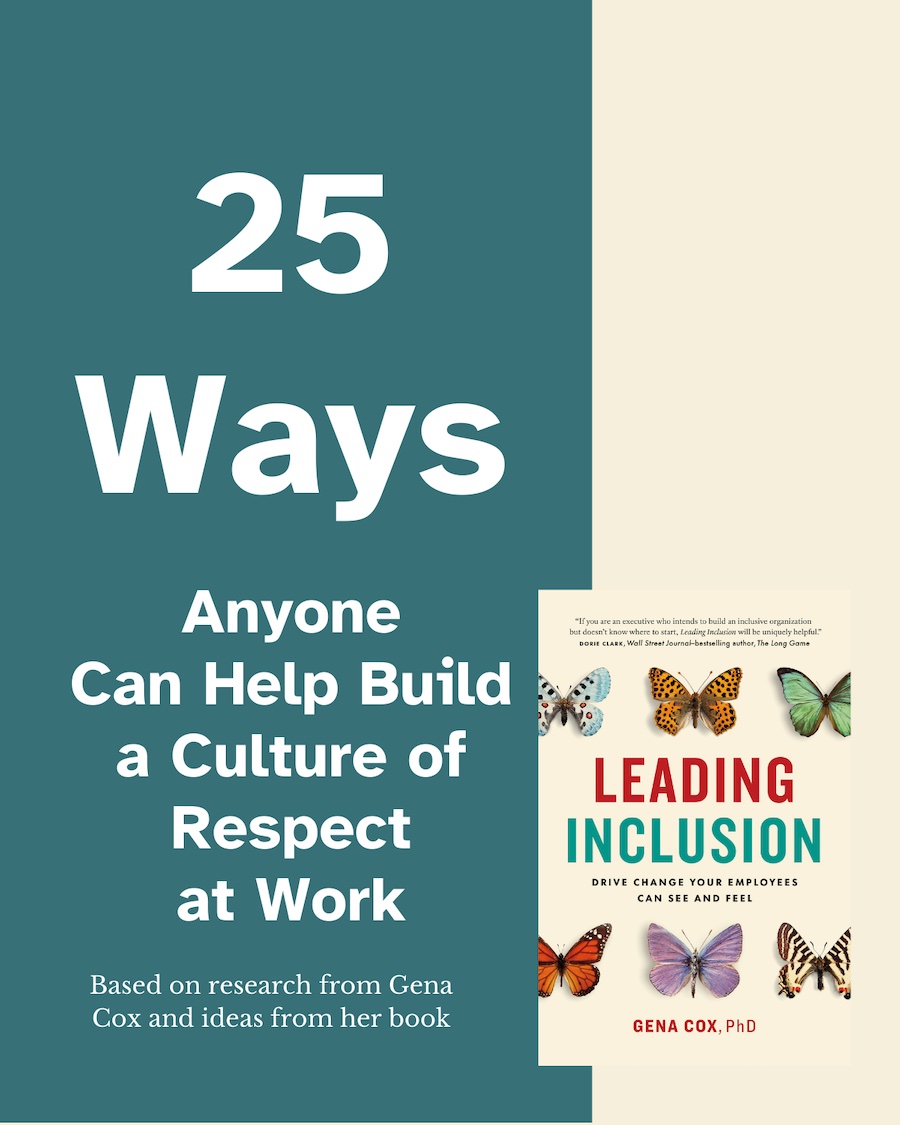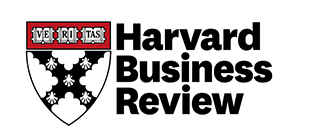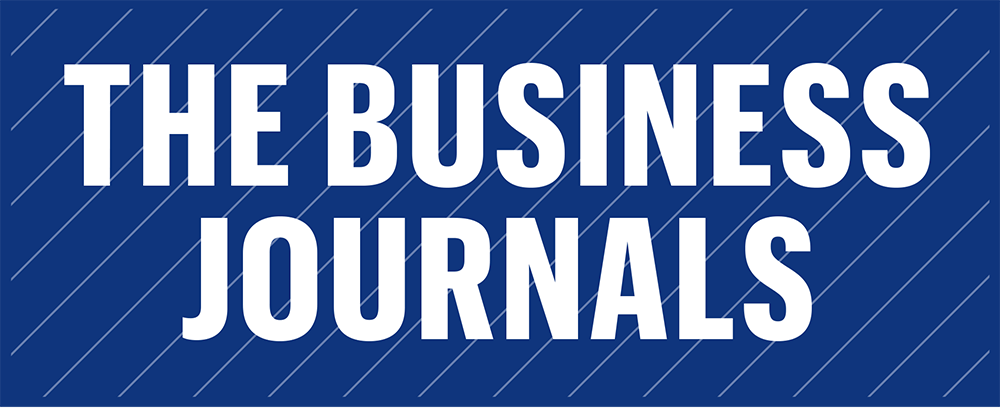The State of Workplace Inclusion: 2020 to 2023: Part 1 – “I Came Out as Black”


NOTE: This article is Part 1 of a 4-part series about workplace inclusion between March 2020 and May 2023. The subsequent three editions will be: Part 2 – What I am Seeing, Part 3 – I Don’t Care What You Call It … (Sorta), and Part 4 – Educated and Woke
In May of 2020, I came close to what my parent’s generation used to call a “nervous breakdown,” but which is probably more accurately called PTSD-lite. And, as I say in my book and describe later in this article, “I came out as Black.” The three years since then have been some of the happiest of my life because I am finally saying the quiet things out loud. In doing so, I help my clients and colleagues understand why leading inclusion matters. And I finally found my “WHY”: I exist to help leaders build workplaces where all employees can thrive. And yet, while some aspects of #inclusion #employeeexperience and #leadinginclusion have improved in those three years, many have not, and some are way worse!
What do I mean by “I came out as Black?”
Here is how I described this on Page 20 of my book, Leading Inclusion:
“I acknowledged that for the decades I had been an organizational psychologist advising corporate leaders, very few of my clients understood how difficult it had been for me on days when I showed up with the painted-on smile. I had done such an effective job of pushing down my feelings of exclusion at work that I had become a numb hypocrite. I advised executives how to build engaging and satisfying work cultures while simultaneously feeling invisible, undervalued, excluded, and dissatisfied in my own jobs!”
Leading inclusion, Page 20
The events that precipitated these dramatic (for me) comments were the killings of Breonna Taylor and George Floyd. Breonna Taylor could have been my daughter; she was a young woman finding herself and planning her future. Instead, she lost her life, on March 13, 2020, in the arms of the man who loved her. George Floyd could have been any man who needed direction. Instead, police officers killed him on a city sidewalk on May 25, 2020.
These deaths were signs of national insanity. I was losing my mind too, and I needed to make some life and career changes!
And indeed, a whole lot has changed for me, the workplace, and the country in those three years. In this article, I will talk about some of my personal changes. The subsequent articles in this series will cover inclusion observations and trends. So I hope you will stay for the journey.
Coming out as Black has meant that:
- I am no longer reluctant to speak up about social justice issues.
- I have come to believe that silence is complicity. True to my roots, I speak up with the grace and composure my teachers and family demand, but I am unafraid to speak my truth. And, with a 30+ year corporate career since earning a Ph.D. in 1996, I have seen and learned much about what works and what does not regarding the human experience at work. So, I have a lot to say in service of the simple idea that … “Humans vary. Human variation is normal (not “different.”) Leaders should be able to lead normal human variation.” (Leading Inclusion, page 28.)
- I have lost some friends. But I have gained many more.
- I didn’t predict this before 2020, but I lost friends as I became more engaged in defining, shaping, and sharing my messages about workplace inclusion. I lost some because they didn’t like hearing me talk about race, ethnicity, LGBTQ+ status, gender, and neurodiversity. I lost some because they didn’t like me pointing leaders to a new path. I lost some because they did want me to have a voice, “Who are you to write a book!” and I lost some because they didn’t like the Gena that was getting a new kind of attention.
- Losing friends is hard. The good news is that I have gained so many new friends, colleagues, acquaintances, advocates, and allies in these three years that I am better off socially and happier than ever. If drawing a right-versus-wrong line in the sand separates me from some so-called friends, I can live with that.
- I am wearing a 100% natural hairstyle for the first time in my professional career.
- I did not do this as a corporate employee because I feared negative repercussions. I could make this change because I became a self-employed entrepreneur in 2021. Natural hairstyles can reduce Black women’s career prospects and influence and reduce our earning potential). I have the privilege of doing so now, but, as Janice Gassam Asare noted recently, many other Black women do not feel safe making this choice. Discrimination against our natural hair is a unique challenge that Black women have been forced to deal with since slavery.
So as I reflect on these three years, I feel better, but as you will see in the following article in this series, there is much to be done so all employees and job candidates can thrive at work.









